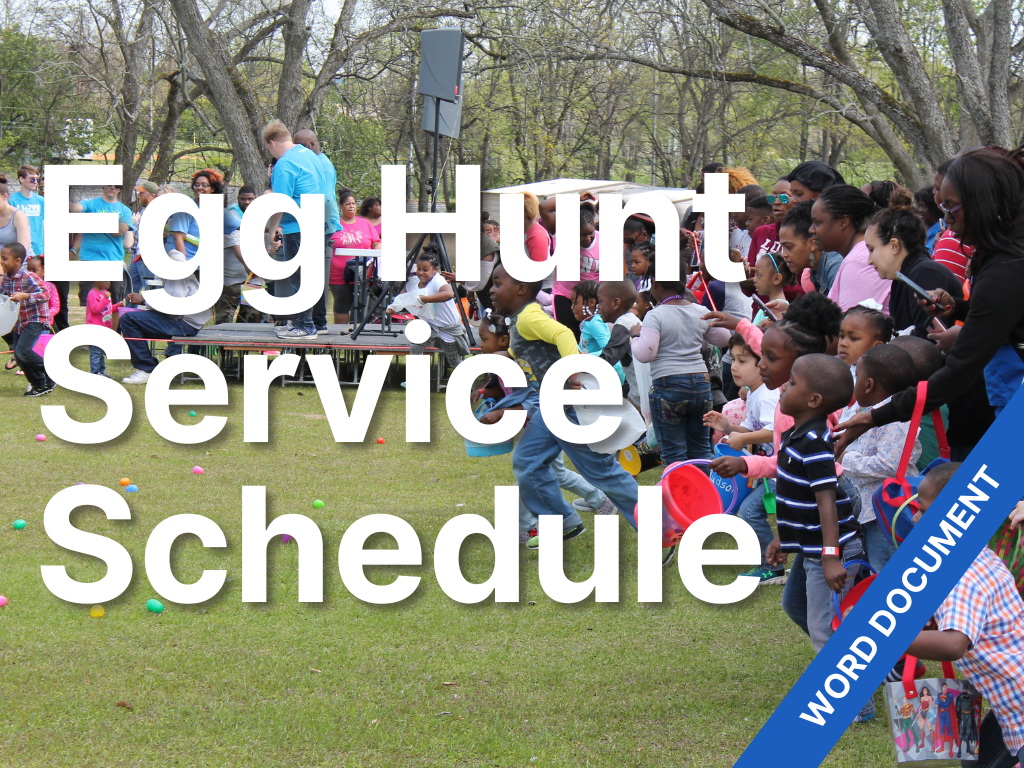5 Essentials for Successful Lead Team Meetings
When you’re first starting out in ministry is so easy to go it alone. You have all the passion and energy and you’re ready to storm the gates of hell. However, if you’ve been in ministry longer than 3 months, you’ve probably realized you can’t do this alone.
Moses tried until his father-in-law told him he was crazy and to develop leaders.
David had his mighty men.
Jesus had the 12 around him.
Peter and the other disciples found 7 leaders to oversee food distribution.
Paul had Barnabas and Silas.
When I came to church number 2, I knew I needed to get help. The church was around 400, and we had about 80 kids. For those 80 kids we had all the Sunday morning age groups, plus Royal Rangers, Mpact Girls Clubs, Junior Bible Quiz, and a Café. It was a lot to manage and since I realized quickly I couldn’t be in 2 places at once (I tried 3 places one time. It also went poorly), I knew I needed help.
Thankfully, my predecessor had already identified and placed leaders over the departments of the ministry, but they were siloed and conflicts frequently arose.
My solution was to build a team to not just work in the ministry but to work on the ministry. Several years and two churches later, I’m so glad I did.
If you want to take your ministry to the next level and last long after you’ve gone, you need to have a lead team.
Whether they hold official titles in your ministry or they’re just strong leaders within your ministry, their perspectives and corresponding strengths and weaknesses will help make your ministry stronger. It’s extra work, but worth it.
Now after years of leading these kinds of teams, I've identified these 5 essentials that will help your time together be consistent, productive, and well-attended.
1. Meet Regularly
My leaders weren’t used to meeting together and when I suggested it, they looked at me funny as if to say, “why would we do that?” I persisted and we decided to meet once a quarter. After the first year, we moved once a month. By that time they saw the benefits and gladly agreed. Since all of my department heads throughout my career have been volunteers, I never felt right asking them to meet more often than a month.
Before COVID, getting them all together in a room was relatively easy. The church had a meal before Wednesday night service, so I could meet with them for 45 minutes before service and feed them. However, that rhythm didn’t work as well at church number 3 and COVID made it near impossible to get everyone together.
So, I moved our in-person meetings to once a month Zoom meetings. They weren’t as personable, and we didn’t eat together, but they were easy to put on, had zero travel time, and we did see each other in person almost every week as we served.
When trying to find the best time to meet, don’t be afraid to experiment with different times and places until you find one that works best for you and your team.
2. Have an agenda
Once you start meeting, make sure you have an agenda. Bonus points for sending it out early. The agenda doesn’t have to be elaborate. It can be as simple as an outline of what you want to talk about and in what order.
Having an agenda shows your leaders that you think this time is important and helps you remember the important things. I know I am bad at taking prayer requests and praying for my team. With this knowledge, I put prayer at the top of my agenda to make sure it gets done.
At minimum, take 5-10 minutes before the meeting and write down the things you want to talk about and the questions you want to ask. I promise you; the meeting will go so much smoother.
3. Start and end on time
If you want your leaders to keep coming, honor their time by starting and ending on time. They have busy lives and are giving their time for free to help serve you and the ministry. The best you can do is to honor them by keeping up with the time.
Frequently my volunteer leaders are late, and it makes them feel awkward when they come in halfway through the meeting. It disrupts the conversation, and you have to take time to catch them up.
To help lessen those feelings and the time-suck, I start with informal conversation over a meal or have prayer request time. This would allow some leaders to be 5 or so minutes late and they wouldn’t have missed much.
When I first started my meetings, it was before Wednesday night service, so I had to end on time or they would be late to their classes. Later when I moved it to Zoom, it was easier to go over, but I had to discipline myself to wrap things up.
If you feel like you’re going to go over, address it. Ask them for a little more time and see if they’re available. If they’re not, end it.
Having an agenda helps here, because you can prioritize topics and put the most important things up front. When you’re up against the clock, you can decide what to cut and/or move to the next meeting. Don’t rush your content trying to get it all in. The conversations will be stilted and unproductive and wasteful of everyone’s time. Don’t do that.
4. Talk about what’s going well first
It’s really easy to start talking about all the problems. We are drawn to disasters and bad news. The media makes millions off it every day. Be intentional and talk about the wins.
Did you have salvations? Baptisms? How did the latest outreach event go? How’s the visitor flow? Did someone on the team do something remarkable? Talk about these things first. It’ll set the tone for the rest of the meeting and make it far more enjoyable and productive.
5. Keep the Meeting even if everyone can’t make it
The bigger your team is, the harder it will be to sync up everyone’s schedule. If you were paying them, then you can say be here at this time, but if they’re volunteers, you have to work around them. That said, if you can get at least 75% of the team together for the meeting go ahead and meet.
At church number 2, my Royal Ranger commander never attended our meetings because he was always preparing for that night's service. Since he was also a fellow staff member, I saw him on a daily basis and kept him up to speed. It wasn't ideal, but it worked.
In the 6 years I held the meetings, I think he only came to two. If I had waited for him to be ready or forced the rest of us to work around his schedule, we may have never met.
When I started my team at church number 3, I talked about the expectations of being on the team and asked them to commit to our regular monthly meetings. This helped attendance, but I still had absences from time to time. It happens and we have to be ok with it.
That said, if you do call a meeting and 50% or more can’t make it, you need to reschedule. Otherwise, you’re going to spend most of the next meeting catching everyone up. Even when we had a consistent monthly meeting, when the busy season came around, one of the points on the agenda was looking at the calendar to pick our next date.
It’s a whole lot easier to change a meeting when everyone is in the room than over text or email.
Bonus Point: Feed them
I've mentioned this several times already, but don't underestimate it's power. While it does apply mainly to in-person meetings, sending someone a pizza isn’t a bad idea either. Just talk to them about it before you do it.
When you sit and eat together, there is a flow and bonding that happens. It’s almost spiritual. Since most of my team were moms of young children and I will never be, I learned more about my team than I ever did during the meeting. Many times, I didn’t say anything. I just sat, listened, and learned. It helped me care for them better and made them feel special.
Budgets can be an issue here, but you can get creative by having a potluck or everyone bringing their own. At church number 2, we served a meal on Wednesday nights. I gave them their meals for free and we met in another room. Get creative and ask your team. Feeding them is worth the time and money.
Having a lead team meeting may seem like a lot of work, but it’s what helped me take the ministry to the next level. Having their perspectives on ideas and each of us working together toward a common goal made everything we did better. We formed a team and when the day came for me to leave, they were the ones who picked up the ball and carried it until the next leader arrived.
If you want your ministry to be successful and have greater kingdom impact, then creating a lead team that has consistent and productive meetings will help get you there.




To have a great Easter Outreach, you need to have a plan. This field tested and approved Egg Hunt To Do List will walk you through step by step to have your best event.